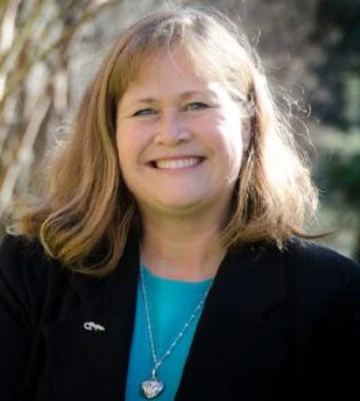When

Monday, April 28, 2025 at 12:00 p.m.
Christine E. Schmidt
Distinguished Professor and J. Crayton Pruitt Family Endowed Chair
J. Crayton Pruitt Family Department of Biomedical Engineering
The University of Florida
"Engineering Materials for Clinical Nerve Repair, and Other Applications Along the Way"
Keating 103
Zoom link | Password: BEARDOWN
Hosts: Alex McGhee and Swarna Ganesh
(Instructor permission required for enrolled students to attend via Zoom)
Persons with a disability may request a reasonable accommodation by contacting the Disability Resource Center at 621-3268 (V/TTY).

Abstract: Damage to nerve tissue can have a devastating impact on the quality of life for individuals suffering from traumatic injuries. Schmidt’s research is focused on analyzing and designing natural-based biomaterials that can interface with neurons and specifically stimulate and guide nerves to regenerate. These biomaterials can ultimately be used for facial and hand reconstruction or in trauma cases, and potentially could be used to aid the regeneration of damaged spinal cord as well. This presentation will focus first on peripheral nerve applications and one key success that is the foundation for the Avance Nerve Graft from Axogen (Alachua, FL). In addition, along the way to uncovering strategies for nerve regeneration, Schmidt and her team also discovered a biomaterial processing approach that led to a separate application of protecting tissues after surgery, resulting in VersaWrap from Alafair Biosciences, a start-up company in Austin, Texas. Both clinical successes stemmed from academic research while Schmidt was a faculty member at the University of Texas. Since being at the University of Florida for the past decade, her research has focused predominantly on spinal cord injury (SCI) applications. She and her team are engineering injectable biomaterials for less invasive applications in crush injuries, which are the most prominent form of SCI. To date they show that these injectable materials serve as effective therapeutic agents for SCI in rats and are promising delivery agents for cell transplantation applications. Schmidt’s goal is to one day translate these technologies for SCI patients.
